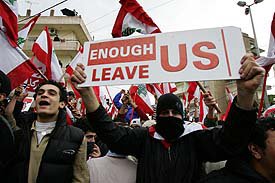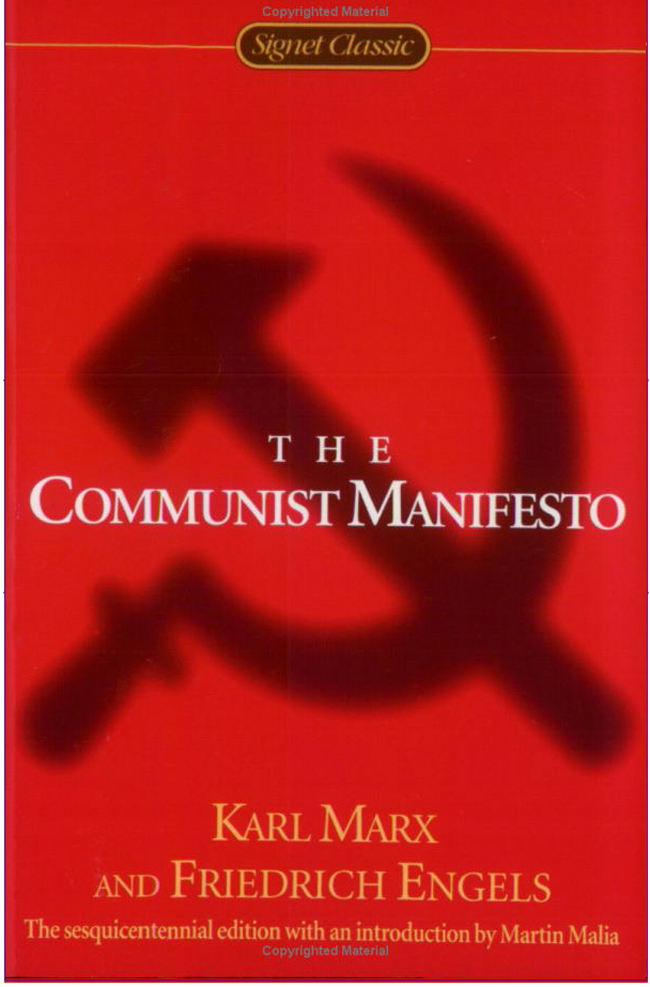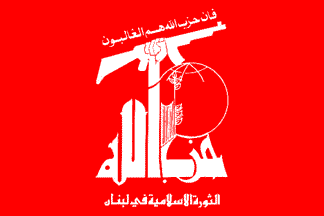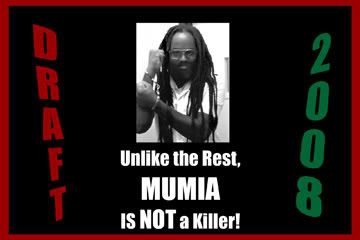Another Setback to the Empire: Lebanon tells the US "Get Out!"
 An article in Beirut's Daily Star begins,
An article in Beirut's Daily Star begins,Thousands of Lebanese students marched toward the U.S. Embassy in Awkar, protesting American interference in Lebanon and rejecting "any attempts to place the country under American tutorship."Denouncing United States' involvement in Lebanon and vilifying their chief spy Ambassador Jeffrey Feltman's efforts to destabilize their country, protestors delivered the powerful message that they could solve their domestic issues without interference from the United States or Apartheid Israel - the two countries that provoked Lebanon's Civil War in the 1980s.
Hundreds of riot police blocked the road leading to the embassy, north of Beirut, with barbed wire, and stopped the crowds from getting too close to the embassy's complex, which was several hundred meters ahead.
"America keep your hands off Lebanon and stop promoting another civil war," demonstrators chanted as they held anti-American posters labeling U.S. Ambassador Jeffrey Feltman "a recipe for war" in Lebanon, and slamming the 'blatant American interference' in the country's politics.The protests against American interference reveal clearly that the NED project in Lebanon - dubbed the 'Cedar Revolution' - has failed.
Unlike successful NED campaigns to topple governments in Serbia, Georgia, and Ukraine, which depended on covert US infiltration using spies working with NGOs, the US goal of provoking a civil war in Lebanon while preserving plausible deniability has not worked. The piece continues,
Tuesday's demonstration remained peaceful, unlike an anti-American protest in downtown Beirut last Saturday, which turned violent after riot police used tear-gas and water against demonstrators led by students from Hizbullah.Feltman's game is up. The Lebanese people know that this man, who worked on the psy-op "peace process" under Israeli operative Martin Indyk, is an American spy who holds a deeply anti-Lebanon agenda. Installing such a naked political hack into Lebanon doomed the US's covert campaign to disarm Hizballah, destabilize Lebanon, and topple the Syrian government.
"We refuse this blatant American interference in our internal affairs," Tamer Hassan, an Amal member said as heavy rain poured down on the crowd, which held only Lebanese flags in response to a request by the demonstration's organizing committee.
"It does not matter if they [U.S. officials] deny interference in Lebanese affairs, how else can you explain the ongoing visits by Feltman to our politicians? We don't see any other ambassadors doing what he does," Hassan said.
"We refuse their security interferences ... we refuse FBI members walking among us and [Israeli] Mossad trying to shake our national accord and pulling us back to a long departed civil war where sects fight against each other," Khatib said.
"The resistance is not 'Hizbullah' and 'Amal' anymore, it is all of us. We tell the Americans, who is thinking about disarming the resistance, anyone who thinks about this will be faced with a [harsh reaction] from our youth and our people," Khatib added.
Nothing positive has resulted from this effort for the empire. In fact, the opposite has occurred. Hizballah, Apartheid Israel's great nemisis, has gained even greater influence in the region, and yet another Middle-East misread from the neo-con kooks may force Apartheid Israel into an (unwinnable) military campaign against Hizballah - a move suggested by Zionist propaganda organs - instead of nuking Iran to initiate World War III.
For the apartheid settler state, such a campaign would be more diplomatically manageable and politically effective, and thus more adviseable, than a pre-emptive nuclear attack against a country like Iran.
So while an attack by Apartheid Israel on Iran must remain in the forefront of our imagination, striking Lebanon - and Hizballah - would make 'better' sense. And given the NED's failure to bring about regime change peacefully, we must expect it.







<< Home